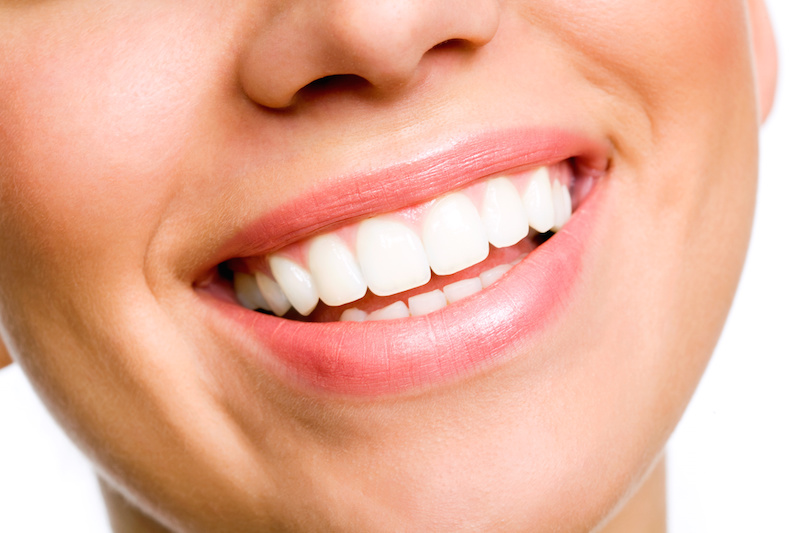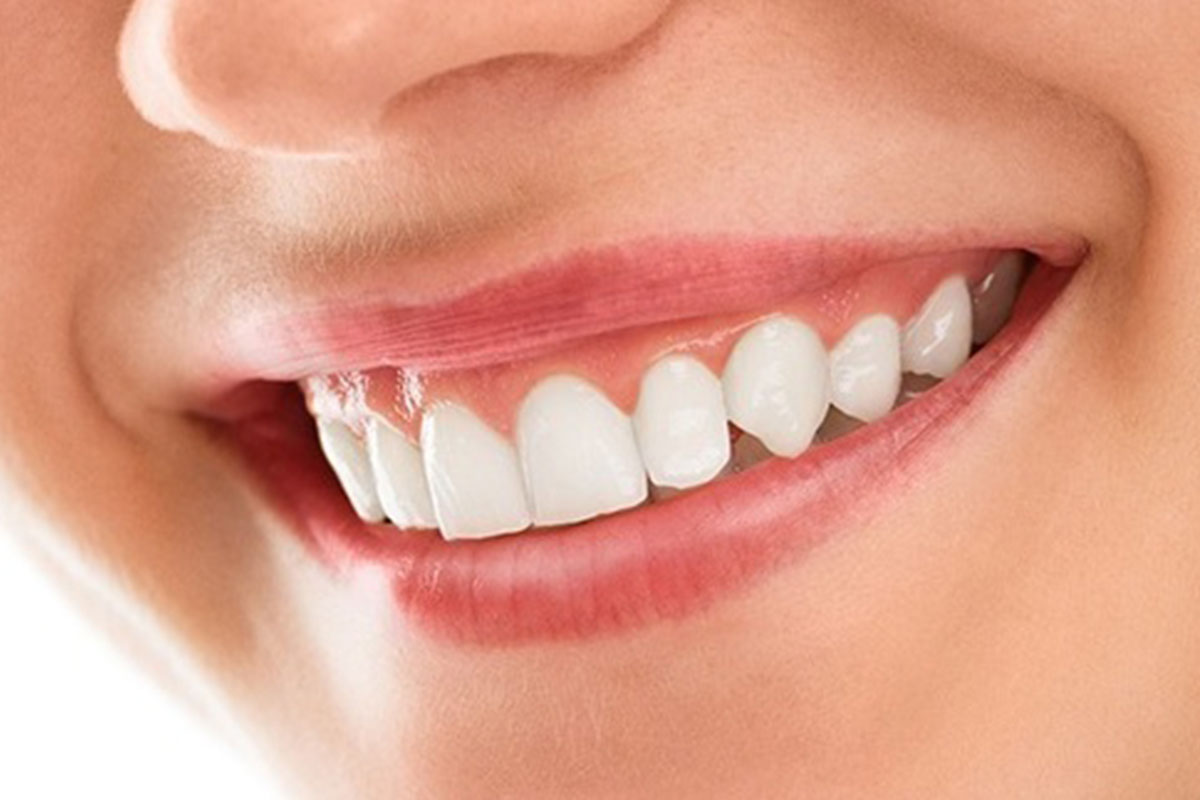Tips for Oral Surgery Aftercare and Recovery

Oral surgery is no picnic, but you’ll certainly feel brand new once it is over. The longest part is aftercare and recovery, but even these can be relatively pain-free if you prepare accordingly. Take proper care of your mouth following your dental procedure, and you’ll be well again in no time. Here are our tips for appropriate aftercare and recovery following an oral surgery.
Follow Instructions
It might seem obvious, but you must follow the dentist’s advice after oral surgery to recover as quickly as possible.
Take Proper Medications
Your dentist may prescribe medications or suggest over-the-counter treatments. Follow the dentist’s advice regarding the type and dosage of medication.
Return for Postoperative Care
Depending on your oral surgery, you may be required to return to the dental office for check-ups or additional procedures.
Use Ice
Ice can help ease swelling and reduce pain.
How To Apply Ice Properly
After oral surgery, your face might be swollen and will certainly be sensitive. For the first day after the operation, apply ice packs to the affected area for 15 minutes, then remove for another 15 minutes. Repeat as needed.
Postoperative Diet
Nutrition plays a huge role in healing. Following oral surgery, you must be intentional about what foods and drinks you consume.
Choose Soft Foods
Because of likely swelling, inflammation and pain, you need to give your teeth a little vacation after the operation. In the first couple of days, stick to the softest foods, like mashed potatoes, smoothies, oatmeal and ice cream. After three days, incorporate slightly less soft foods, like noodles and eggs. Most people can resume their normal diet after a week, but check with your dentist.
Get Rich in Omega-3s
If you have inflammation after surgery, try incorporating healthy omega-3s, such as in fish like salmon and tuna, in your diet to help manage this condition.
Stay Hydrated
It’s no secret that hydration is vital in maintaining healthy bodily function, especially healing. Drink your fluids, but avoid anything that is too hot or cold in case of pain and sensitivity.
Conclusion
While oral surgery is never fun, it can be less troublesome with proper aftercare. Your recovery time can be shortened and your pain can be lessened simply by following your dentist’s instructions, incrementally icing the affected area and following a diet of soft foods, plenty of water and omega-3s.
Are you considering oral surgery in the Carmel area? Get more information at https://carmelsmilesdentist.com.
Check out what others are saying about our dental services on Yelp: Oral Surgery.
Related Posts
Oral surgery is a branch of dental care that offers a wide range of procedures designed to address conditions and issues affecting the mouth, teeth, and jaw. These procedures can help maintain oral health and address complex dental problems. Understanding the different approaches to oral surgery can help patients make informed decisions about their treatment…
Oral surgery may sound like an extreme course of action, but there are several situations in which a general dentist may recommend his or her patients for surgery that involves the teeth, gums, or soft tissues of the mouth. Learn more about five situations that may require oral surgery and what steps you will take…
There are several situations where a patient may need to undergo oral surgery in order to address a dental health issue or to make a cosmetic alteration to the mouth. While some types of surgery may require collaboration with an oral and maxillofacial surgeon, there are several procedures that can be performed right in the…
We can provide your teen with dental surgery in order to remove impacted wisdom teeth. This is a procedure that we perform on a regular basis for teens and adults. Most people do not need their third set of molars. While they used to be important, modern dentistry and oral health practices have made it…
Related


